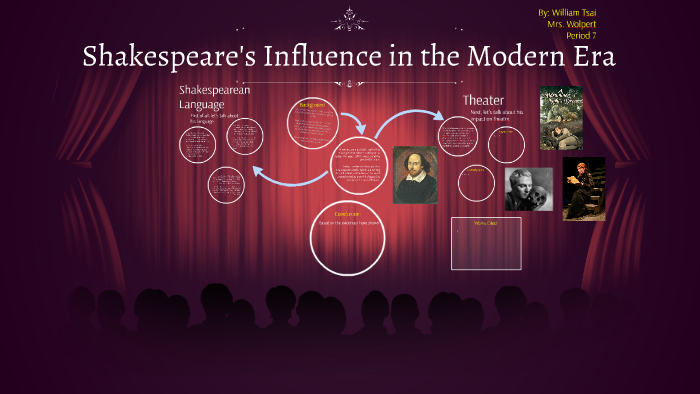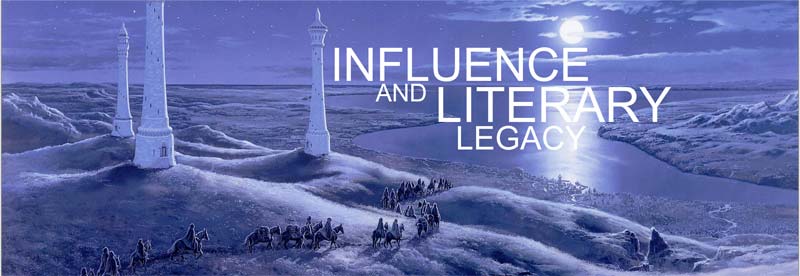

Elizabeth adopted the title of Supreme Governor Etc. When Elizabeth rose to the throne, she saw the disputes and in a decisive move, chose an ambiguous stance over religious matters, although she had a slight leaning towards the Anglican Church. This gained him support from the newly made landowner bourgeoisie, who were against Mary’s rule for it would mean they would have to give up their property. Part of her father’s reformation program was seizing all ecclesiastical holdings and selling them to the middle class. Mary, the second to take the throne after Edward’s short reign and Elizabeth’s stepsister, wanted to revert England to Catholicism and utilized drastic measures in an attempt to do so. The previous two monarchs before Elizabeth had failed to establish a fair compromise for both the Protestants and Catholics of England Edward VI, the first heir after Henry VIII, had inherited the Protestant stance of his father and was constantly at odds with the Catholics. At the same time, a religious reformation was taking place in England. This royal ruling house, reigning for over a century, was able to catapult England from its indigent and inferior international standing as just a pawn between the two powerhouses of the era, Spain and France, to a proud and confident nation, greatly in part to Queen Elizabeth’s brilliant tactical diplomacy and strong foreign policies. In the end, Henry VII defeated him in Bosworth, which heralded the beginning of the Tudor dynasty. However, their victory was short-lived for it was soon snatched away by the Duke of Gloucester, the same duke that legend say murdered two young princes in the Tower of London. Most notably was the War of the Roses, in which the two Houses of Lancaster and York fought over possession of the English crown until finally the Lancastrians were defeated. The Elizabethan era was characterized by a renascent interest in the arts, long forgotten because of the many years of turmoil and political unrest that preceded it. To best understand Shakespeare, it is crucial to understand the age in which he lived and worked. The events and personalities of the Elizabethan age helped Shakespeare create a vivid and colorful world to build his plays on, and in return, Shakespeare’s genius helped to define this pinnacle of English history.

How much influence from the Elizabethan era was infused into Shakespeare’s plays? Especially since it was a time of religious reformation and fluctuating political relations, in which England was very much in the thick of. Surely it is no coincidence that the world’s most celebrated dramatist would’ve lived during the time when one of the world’s most powerful rulers in history reigned. If every playwright in Shakespeare’s time aspired, as he did, to paint a portrait of an age in their works, his would have been the Mona Lisa, leaving the most lasting impression on generations to come and at the same time, one of the world’s most baffling mysteries. How did the Elizabethan era influence Shakespeare?


 0 kommentar(er)
0 kommentar(er)
